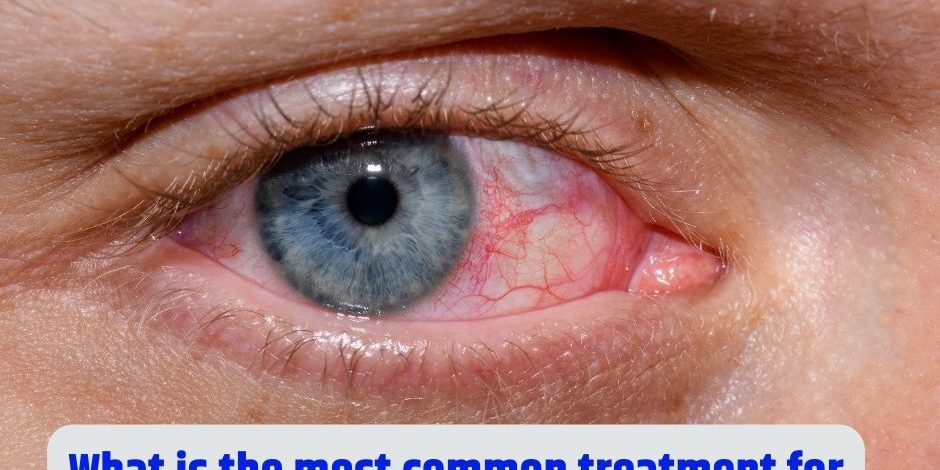Pink eye, also known as conjunctivitis, may sound like a quirky childhood illness, but it can be a real pain for people of all ages. Common redness, itchiness, and irritation can leave you feeling uncomfortable. In this blog post, we will explain the causes, symptoms, and various treatment options available for pink eye. If you are in advance care for pink eye treatment in Moshi, look no further than Iris Eye Care, where Dr. Vasundhara Kulkarni and our dedicated team provide complete treatment and consultation services.
What is Pink Eye?
Pink eye is an infection of the conjunctiva, the thin, transparent layer that covers the white part of the eye and lines the inside of the eyelids. It can be caused by viral or bacterial infections, allergies, and irritating materials such as smoke or chlorine.
Causes of Pink Eye
We need to understand the different types of causes of pink eye before we look at treatments.
- Viruses: The most common cause, usually associated with a cold. It’s highly infectious, but it will usually resolve on its own within a week or two.
- Bacteria: Antibiotics are used to treat this type, which can cause a thicker discharge.
- Allergies: Seasonal allergies or irritations such as dust or smoke can trigger an inflammation that leads to pink eye.
- Chemical irritants: chlorine in the swimming pool, shampoos, or even contact lens solution can irritate your eyes and cause temporary pink eye.
Treatment Options for Pink Eye:
The treatment for pink eye depends on the underlying cause. Here’s a look at what you can do:
Hygiene :
Wash your hands regularly to prevent the spread of infection (especially important for viral and bacterial pink eye). Avoid touching your eyeballs and change eye makeup regularly.
Viral Pink Eye:
Instead, focus on looking after yourself and getting enough rest to allow your body to fight off the virus.
Bacterial Pink Eye:
Your doctor may recommend antibiotic eye drops to help clear up any infection. It is important to finish the full course of medication, even if your symptoms improve.
Allergic Pink Eye:
Antihistamine eye drops or oral medication can help control the allergy and reduce swelling. Identifying and removing the allergy causing substance is important for long-term relief.
Chemical Irritant Pink Eye:
Once you have eliminated the chemical irritation, your eyes should start to recover. Artificial tears can help flush out any remaining fluid.
When to See a Doctor
While the most common Symptoms of pink eye are mild and will clear up on their own, there are situations in which it is important to consult a doctor:
- Severe pain or sensitivity to light
- Vision problems
- Symptoms worsen after 24-48 hours
- Discharge that is thick, yellow, or green
- Pink eye in a newborn baby
- A gritty sensation or feeling like something is in the eye
- Swollen eyelidsRedness in the white part of the eye Itchiness or irritation
- Watery or discharge from the eye
If you have pink eye symptoms or concerns about your eye health, appointment for a consultation with Dr. Vasundhara Kulkarni at Iris Eye Care in Moshi. Our experienced team will conduct a complete eye examination, diagnose the underlying cause of your symptoms, and recommend personalized treatment options to help you find relief and restore your eye health.
Best Medicine:
Wash your hands regularly: This is important when you are around people with pink eyes or during the cold and flu season.
Avoid sharing personal items: Do not share towels, washcloths, or eye makeup with others.
Practice good contact lens hygiene: Always follow the proper care instructions for your lenses and lens case.
Reduce allergen exposure: If you know you have allergies, take steps to reduce contact lens exposure to triggers such as dust mites or pollen.







